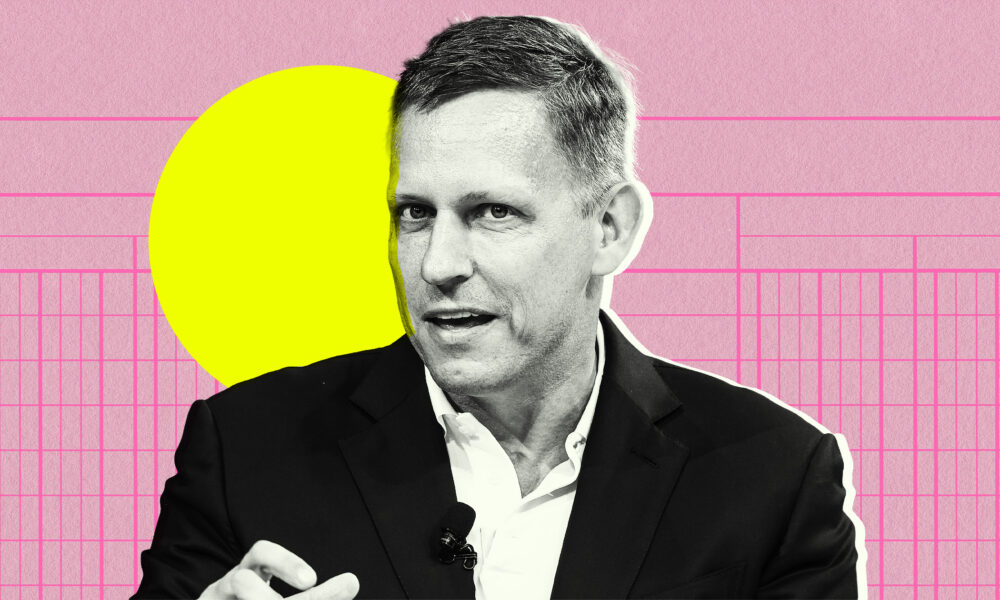Peter Thiel, co-founder of PayPal and Palantir, has sparked concern following revelations about his recent comments regarding the concept of the “Antichrist.” Leaked audio obtained by The Guardian reveals Thiel discussing his belief in a literal interpretation of the biblical figure, suggesting that he may feel a sense of urgency about a potential apocalyptic scenario.
During a private appearance, Thiel elaborated on his views, stating, “Some people think of [the Antichrist] as a type of very bad person… What I will focus on is the most common and most dramatic interpretation of Antichrist: an evil king or tyrant or anti-messiah who appears in the end times.” His remarks have drawn attention not only for their content but also for the implications they hold given Thiel’s significant influence and wealth.
Thiel, who has historically expressed extreme ideological views, has been known to support controversial projects, such as surveillance technologies for immigration enforcement and funding litigation against media organizations. His beliefs often intertwine elements of libertarianism and capitalism, but his recent comments suggest a shift towards more esoteric and alarming ideologies.
In the leaked audio, Thiel expressed suspicion that the Antichrist may already be present among us, naming figures such as climate activist Greta Thunberg and AI critic Eliezer Yudkowsky as potential candidates. This line of reasoning raises questions about his mental state, as he connects these public figures to apocalyptic narratives.
The implications of Thiel’s beliefs are troubling, especially considering his financial power and political connections. His comments seem to blur the lines between ideological conviction and paranoia, leading to speculation about his grip on reality. Observers noted that his remarks reflect a preoccupation with ancient prophecies that could be indicative of deeper psychological issues.
Thiel’s reflections included a troubling assessment of historical figures, stating, “Christ only lived to age 33 and became history’s greatest man. The Antichrist has to somehow outdo this.” His remarks reference significant numerical symbolism, which has led some to speculate about the nature of his thinking.
Critics argue that Thiel’s focus on such themes is not merely eccentric but could have real-world consequences, given his investments in surveillance and military technology. In a pointed exchange with Ross Douthat of the New York Times, the journalist questioned the irony of Thiel worrying about the Antichrist while developing technologies that could be used by such a figure. Thiel responded with apparent surprise, denying any intention to facilitate an apocalyptic scenario.
The situation continues to evolve as Thiel’s comments resonate beyond his immediate circle, raising concerns among experts about the potential for individuals in positions of power to influence societal narratives in troubling ways. As technology and surveillance become increasingly integrated into daily life, the implications of Thiel’s beliefs warrant careful examination.
In light of these developments, observers are left to ponder whether Thiel’s ideological journey is a reflection of a broader trend among tech billionaires, where extreme views can be normalized due to wealth and influence. His latest statements may not only reflect personal beliefs but could also signal a chilling potential for shaping public discourse in the future.







